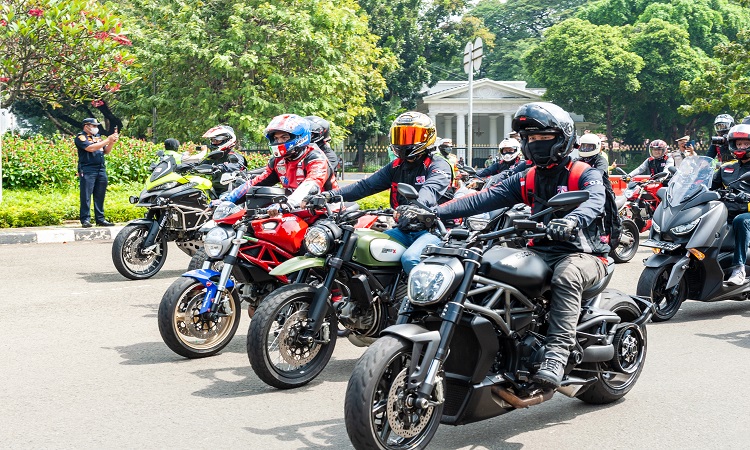


Published on January 7, 2025. EST READ TIME: 2 minutes

Leading electric two-wheeler (e2W) companies in India believe that “swapping” of batteries is currently unviable and will only increase the cost for a consumer to run the vehicle, making it an unattractive proposition. They were responding to a big push suggested by Commerce Minister Piyush Goyal in a meeting with auto companies in which he emphasised the need for battery swapping.
Piyush Goyal wants the battery swapping to coexist with charging infrastructure to accelerate the adoption of electric vehicles (EVs) in the country. Howevere, as reported by the Business Standard, a top executive of an e2W maker said: “It’s simple, a battery-swapping provider, for instance, will have to keep more inventory of batteries than the number of customers who come for swapping.” That apart, he said, it has to incur cost in setting of a swapping infrastructure with all safety nets, which is expensive. And there is a cost to running the show. “So, the cost of investing and keeping the additional batteries, apart from other costs, has to be eventually borne by the customers.
Two-wheeler players said that swapping might not make sense for 2Ws because the overall average mileage of usage per day of an e-scooter at an industry average is 28-30 km a day, which is low. However, most e-scooters in the market have mileage that is at least a minimum range of the battery in one charge. And in case of e-motorcycles, the usage, according to the industry, would at best be an average double of that per day.
Industry experts further points out that already over 80% of the commuters charge their e-scooters at home. Currently, to support them, there are already over 4,500 fast chargers available across the country, powered by companies like Ather and Ola Electric.